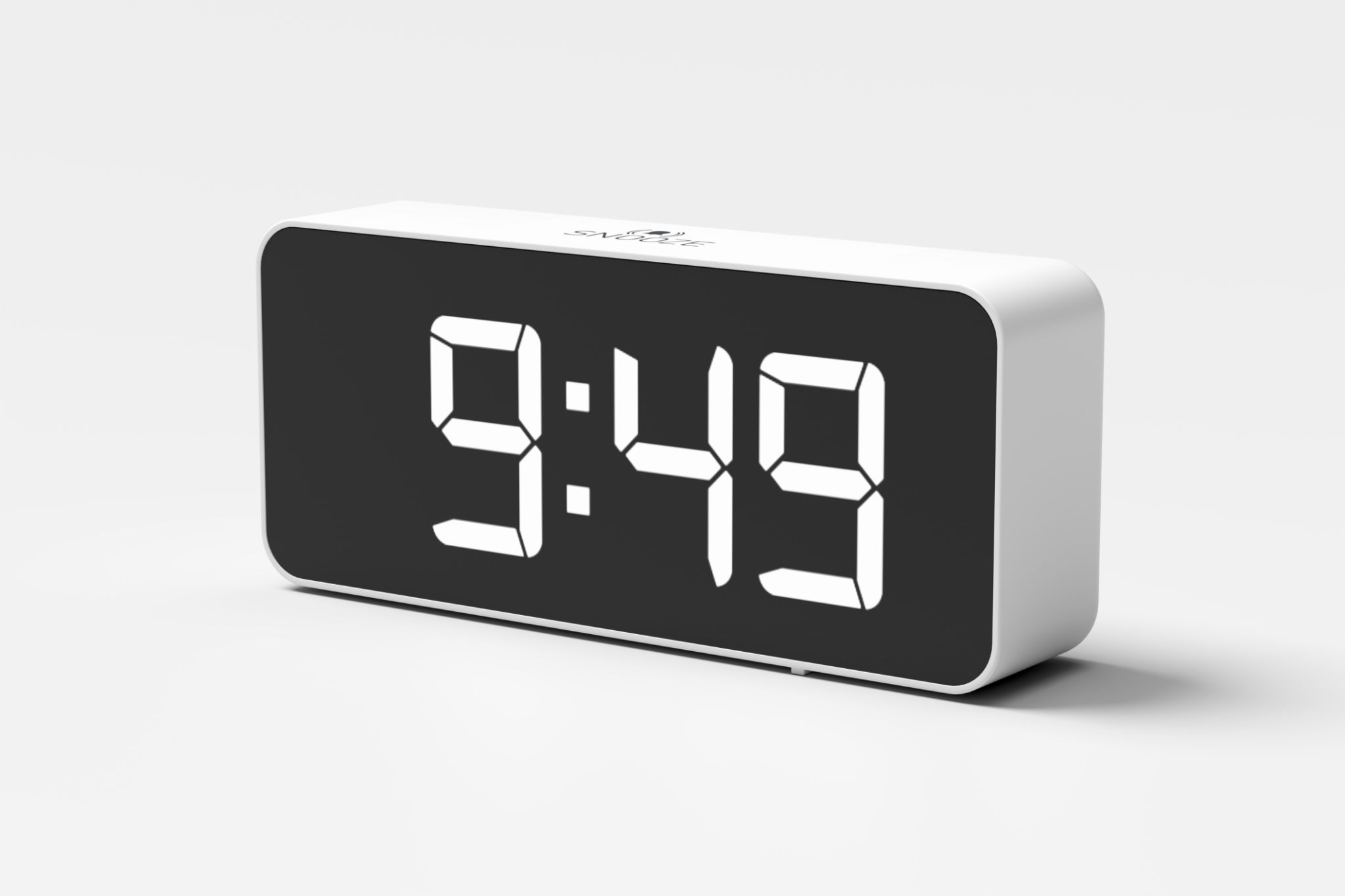Exploring the Latest Innovations in Digital Clocks
The Evolution of Timekeeping
Timekeeping has come a long way from the sundials of ancient civilizations to the sophisticated digital clocks we use today. As technology continues to advance, digital clocks have evolved, offering features and functionalities beyond mere time display. These innovations have transformed digital clocks into smart devices that integrate seamlessly into our daily lives.
One of the most notable changes in digital clocks is their incorporation into smart home ecosystems. Manufacturers are now designing clocks that can connect to Wi-Fi networks, allowing them to sync with other smart devices. This connectivity enables features like voice control and integration with home assistants, making it easier than ever to manage your home environment.

Advanced Display Technologies
Digital clocks have also seen significant improvements in display technology. The transition from traditional LED displays to more advanced options like OLED and e-ink has enhanced both the aesthetics and functionality of these devices. OLED displays offer vibrant colors and deep blacks, making clock displays more appealing and easier to read in various lighting conditions.
On the other hand, e-ink displays are known for their low power consumption and high readability in bright light, similar to the experience of reading paper. This technology is particularly beneficial for outdoor clocks or those placed in brightly lit rooms. With these advancements, the display quality of digital clocks is better than ever.

Customization and Personalization
Another exciting innovation in digital clocks is the ability for users to customize and personalize their devices. Many modern digital clocks allow users to change display themes, select different time formats, and even choose from various alarm tones. This level of personalization ensures that users can tailor their clocks to fit their personal style and preferences.
Some digital clocks also offer customizable widgets that display additional information such as weather updates, calendar events, and reminders. This feature transforms the clock from a simple timekeeping device into a multifunctional tool that enhances productivity and convenience.

Energy Efficiency and Sustainability
As environmental concerns grow, the demand for energy-efficient devices rises. Digital clock manufacturers are responding by designing energy-efficient models that consume less power without compromising on functionality. Features such as automatic brightness adjustment and sleep modes help reduce energy consumption, making these clocks more sustainable.
In addition to energy efficiency, some companies are focusing on using sustainable materials in their clock designs. By opting for eco-friendly materials, manufacturers are reducing their environmental impact while still delivering high-quality products.
The Future of Digital Clocks
The future of digital clocks looks promising as technology continues to advance. We can expect further integration with artificial intelligence, enabling more personalized experiences based on user habits and preferences. Additionally, advancements in battery technology may lead to longer-lasting devices that require less frequent charging or battery replacement.
As these innovations continue to unfold, digital clocks will likely become even more integral to our daily lives. Whether it's through enhanced connectivity, improved display technology, or increased customization options, the modern digital clock is set to remain an essential tool for both timekeeping and smart living.